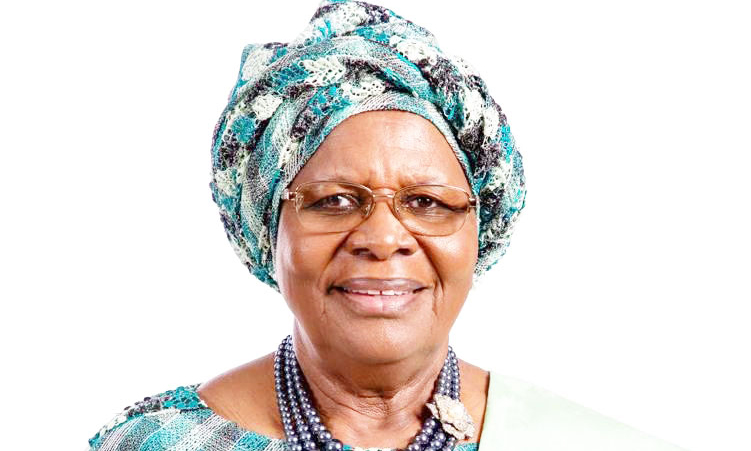Presumptive president Netumbo Nandi-Ndaitwah has declared her intent to hit the ground running by setting into motion a N$90 billion Swapo Manifesto Implementation Plan (SMIP) over the next five years as her blueprint to solve Namibia’s socio-economic problems.
It’s always great to have a plan and Nandi-Ndaitwah should be applauded for putting one together in anticipation of being inaugurated as president in a month’s time.
Perhaps as a measure of ‘pragmatism’ – which the blueprint states will be key to achieving the goals set – the president-elect has reduced her ambition of creating 550 000 jobs by more than half, to 250 000.
Agriculture, sport, youth empowerment, quality tertiary education, creative industry, healthcare and decent housing are listed as priorities, in that order.
With agriculture, the president-elect aims to reduce food imports by 80% by 2028, driven by establishing 130 000 hectare ‘super farms’. N$7 billion will be used to construct sport stadiums across the country. Universal healthcare targeting rural areas to “match the private sector” will be backed with N$3 billion a year. Free tertiary education is on the cards, as is the promise of 50 000 houses at a cost of up to N$300 000 each.
NNN, the moniker the president-elect goes by these days, is clearly hitting the right note by declaring herself as an implementer: “When I say something, I mean it, and I follow up and show the implementation.”
NNN aims to “inculcate a culture of meritocracy” driven by “effective performance management and consequence management systems” whereby ministers will be expected to give quarterly progress reports on their targets.
However, we couldn’t help wonder why establishing a “new national airline” by 2026 is listed in the executive summary as one of the tools to drive Swapo’s plan for Namibia’s economic and social welfare.
The blueprint claims the party will aim to create a private-public partnership to start an airline. It’s difficult to understand what lessons Swapo might have learnt (or ignored) from the dismal failure of Air Namibia, which required more than N$10 billion of taxpayers’ money over 15 years to keep it flying the country’s flag.
At a cost of N$3 billion, it is not clear how the envisaged venture will become self-sustainable and avoid Air Namibia’s fate.
The blueprint states that the airline will increase tourism “through direct international destinations”, create 700 direct jobs and 5 000 indirect employment opportunities. That does not sound any different to the failed Air Namibia business model.
This stubborn approach towards a national airline may just highlight the lesson that NNN and her team need to learn after almost 35 years of Swapo’s rule: Doing more of the same to achieve different and vastly improved results has never worked. If anything, it’s a recipe for drowning in quicksand.
Stay informed with The Namibian – your source for credible journalism. Get in-depth reporting and opinions for
only N$85 a month. Invest in journalism, invest in democracy –
Subscribe Now!

